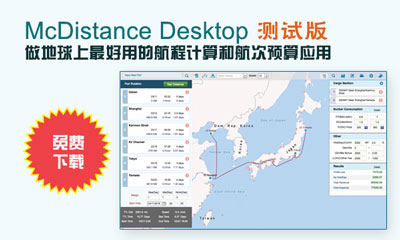 Greece’s shipping magnates, having emerged largely unscathed from both the country’s ravaging financial crisis and one the industry’s longest downturns, are extending their dominance by snapping up vessels from competitors who haven’t fared as well.
Greece’s shipping magnates, having emerged largely unscathed from both the country’s ravaging financial crisis and one the industry’s longest downturns, are extending their dominance by snapping up vessels from competitors who haven’t fared as well.
The Greek owners, who operate almost 20% of the global fleet of merchant ships, are paying rock-bottom prices because assets once owned by bankrupt shipping lines are now in the hands of creditors, including German banks, who want to clear nonperforming loans from their portfolios.
For years, Greece and Germany have been Europe’s shipping powerhouses. But while the Greeks stuck to a hands-on approach in which the owner arranged everything from financing to chartering and operations, the so-called German KG system largely depended on scores of investors ranging from banks to the country’s wealthy middle class. Many of them put their money into shipping at the peak of the market, before the 2008 economic downturn.
“As the global financial crisis took hold and the freight market gradually collapsed, the Greeks stayed above water as they were not overly leveraged and stood on cash generated during the boom years before 2008,” said Basil Karatzas, a New York-based maritime adviser who works with some of the world’s biggest shipping firms.

In Germany, by contrast, a single vessel often had up to 1,000 investors and the system wasn’t strong enough to absorb the market stress, Mr. Karatzas said. “There were too many conflicts of interest, lopsided market concentration on container ships—which were among the hardest hit—and scores of loans by German banks, which poured billions into new vessels believing that demand will continue to grow,” he said.
Analysts say that at the end of 2012, German lenders including HSH Nordbank AG, Commerzbank AG and Norddeutsche Landesbank Girozentrale controlled about a third of the $475 billion global ship-finance market. In the past four years, the three banks have set aside more than €3.6 billion ($3.9 billion) in provisions for nonperforming shipping loans as they desperately try to sell vessels once owned by bankrupt shipping lines.
At the end of 2014, German banks were trying to sell up to 1,000 of the more than 3,000 ships owned by German interests, one senior German ship-financing executive said.
“The Greeks are among the primary buyers, having snatched 164 German-owned ships since 2011 for around $1.9 billion,” said George Xiradakis, a shipping consultant in Athens who also advises China Development Bank on its shipping business. “The prices are attractive and they can pick and choose among some very high-quality vessels.”

During the years leading to the top of the market in 2008, Greek and German shipowners were competing closely in terms of new ship orders, which came in at big numbers to take advantage of the thriving market. But since 2009, when the market turned sour, the Greeks have ordered on average almost twice as many vessels as their German peers, who largely withdrew from the market.
Shipping employs more than 200,000 people in Greece and contributes around 7.5% of Greece’s gross domestic product.
The Greek-German maritime competition recently has taken on political overtones, as Athens is trying to secure a third bailout package from its international creditors to avoid a default on its debts that might force it to exit the eurozone.
As part of early talks with its creditors, Athens has agreed to increase its tonnage tax—a flat, annual rate, based on a ship’s capacity, that is now roughly harmonized across the European Union. Greece also would gradually abolish some tax benefits that other EU countries also offer.
Source: Wall Street Journal



